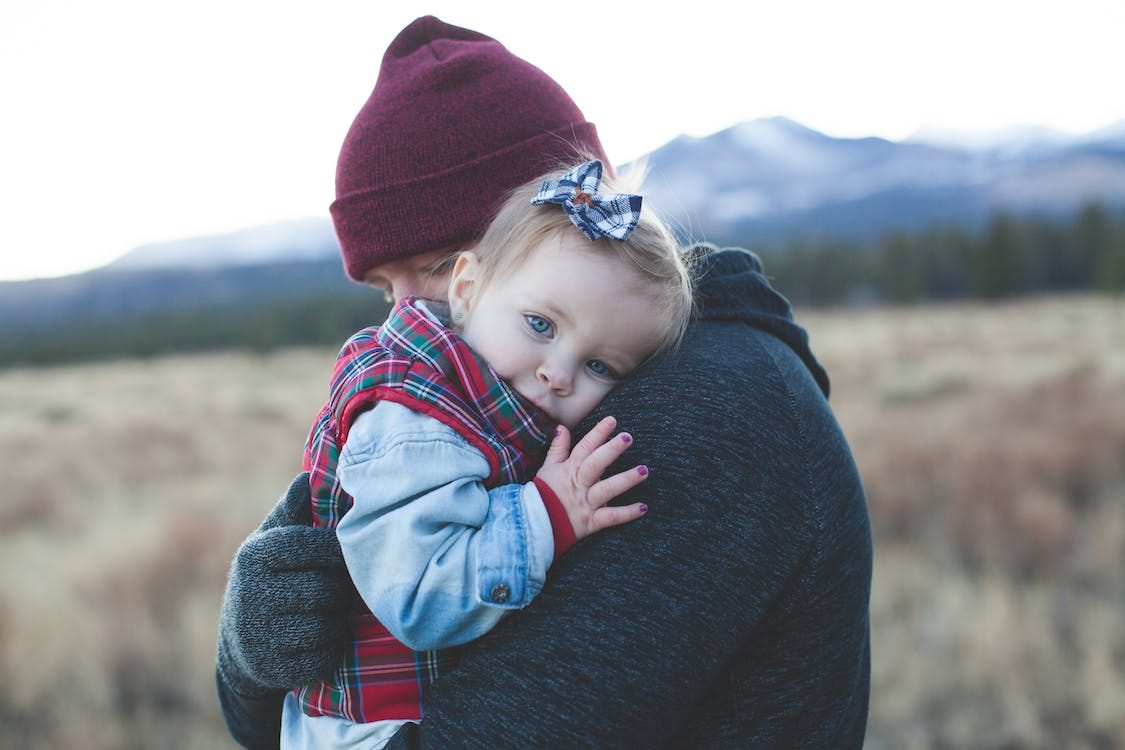Havens of Peace
One of the vital functions of families is to maintain havens of peace and security in an unstable world. However, despite our best efforts, the ogre of conflict inevitably comes knocking at all our doors. Perhaps you feel it knocking now.
When events and forces outside our families encroach to the point of causing palpable distress to us, our children inevitably shoulder that distress as well. They will largely experience this as an unproductive and potentially damaging sense of alarm since they have no way of changing the things that are causing the stress.
An outside stressor could be a war brewing halfway around the world—as is unfolding now, the death of a public figure, a devastating earthquake, an embarrassing moment on Instagram, an infectious disease outbreak, a violent assault, a plane crash, or a thousand other things that march angrily across our social media feeds all day. Our job as parents and grandparents is to filter what our children are exposed to and maintain a spirit of peace and stability in our homes as much as possible.
Here are three ways to minimize unnecessary stress on your children—and yourself—despite the rising tides of conflict.
1. Control Your Face
Your face is the bullhorn of your soul. Your face should radiate calmness and peace to your children and family most of the time—especially in moments of potential tension. Keep your face calm. If you do this, it will follow that your words will also become more calm. Speak in a controlled way and smile at your children. Say things that are reassuring like, “I love that our family is together tonight,” “We’re safe in our home,” “Everything is going to be okay,” or “God is watching over us and will help us.” (Watch this short video to see why you should say this even if you’re not yet sure God is actually watching over you). Older children can also benefit from statements of comfort and reassurance.
2. Exercise Discretion
Your young children do not need to know the gory details (or even the general details) of most of the depraved acts committed across the world. And you do not need to watch them ad nauseum either. It is wise to be informed; it is foolish to obsess. You will understandably be alarmed at reports of beheaded babies and exploding bombs. Your child probably doesn’t need to know about this. Resist the urge to show your children alarming videos or to watch them in their presence. Turn off phones and other devices that deliver near constant doom and gloom.
If you feel your children would benefit from knowing about a particular world event (and they often will), tell them about it factually (i.e., “Two groups of people are fighting with each other and some people have gotten hurt”) and, if appropriate, discuss ways to take helpful action. For instance, if there’s a tornado in a neighboring state and people’s homes were destroyed, talk about how you can help such as gathering needed items, donating money to credible organizations, and praying for those who have been affected.
3. Mourn, Don’t Moan
As part of being decent human beings, we should “mourn with those that mourn.” This means we should help shoulder the sorrows of those who struggle and even weep with our children in grief for others at times. However, this does not mean that because there was a mass shooting somewhere in the world that your child’s bedtime story must be hijacked in a flood of tears and outrage in order to show proper deference to the tragic event. We should not trudge around in perpetual grief, despair, or anger. Your child should feel safe and secure in your love and her daily and hourly routines should largely continue despite the tumult of the world.
We do not have the emotional bandwidth (and our children certainly do not) to beat our breasts and cry our eyes out over every offense or tragedy that occurs the world over. (This is one reason I resisted the urge to join social media longer than most people on earth: How could I possibly love so many people? How could I mourn with so many people?)
Tragedies large and small will occur every day and many of them deserve tears. We must decide which ones we commit our hearts, minds, and resources to. We should be aware of the suffering of others and look for ways to relieve it. But our attention should be consistently focused on creating peace and security in our families, not focused on faraway tragedies that we have little or no connection to or control over.
Peacemaking
When tragedies occur, we must develop the skill of maintaining peace in our daily life. This does not mean we are insensitive or callous. It means we value the emotional well-being of our children and families and understand our role in preserving it. We can—and sometimes should—tell our children about world events as we deem helpful and necessary. But we must resist the urge to return incessantly to social media to check the pulse of the world and then transfer that constantly elevated pulse to our homes and to our children. We should work to reassure our children, not alarm them.
Amid the conflicts that will continue to rage, our children need to know that the world holds goodness for them and that their parents are going to continue to feed, clothe, and cuddle them—with a pleasant look on their faces while they do it.




